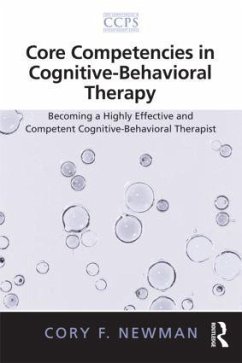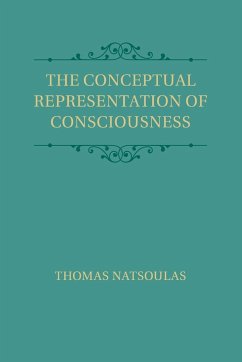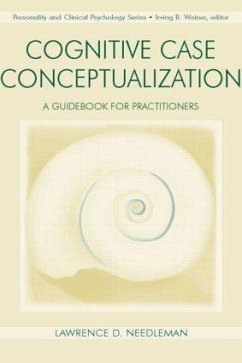
Core Knowledge and Conceptual Change

PAYBACK Punkte
58 °P sammeln!
We acquire concepts such as "atom," "force," "integer," and "democracy" long after we are born; these concepts are not part of the initial cognitive state of human beings. Other concepts like "object," "cause," or "agent" may be present early in infancy--if not innately. Processes of change occur throughout our conceptual development, which prompts two key questions: Which human concepts constitute innate, core knowledge? How do humans acquire new concepts, and how do these concepts change in development? Core Knowledge and Conceptual Change provides a unique theoretical and empirical introduc...
We acquire concepts such as "atom," "force," "integer," and "democracy" long after we are born; these concepts are not part of the initial cognitive state of human beings. Other concepts like "object," "cause," or "agent" may be present early in infancy--if not innately. Processes of change occur throughout our conceptual development, which prompts two key questions: Which human concepts constitute innate, core knowledge? How do humans acquire new concepts, and how do these concepts change in development? Core Knowledge and Conceptual Change provides a unique theoretical and empirical introduction to the study of conceptual development, documenting key advances in case studies, including ground-breaking science on human representations of language, objects, number, events, color, space, time, beliefs, and desires. Additionally, it explores how humans engage in moral reasoning and causal explanation: Are humans born good and tainted by an imperfect world, or do we need to teach children to be moral? Could a concept like "freedom" be woven into the human soul, or is it a historical invention, constructed over generations of humans? Written by an eminent list of contributors renowned in child development and cognitive science, this book delves widely, and deeply, into the cognitive tools available at birth that are repurposed, combined, and transformed to complex, abstract adult conceptual representations, and should be of interest to developmental psychologists, linguists, philosophers, and students of cognitive science.













